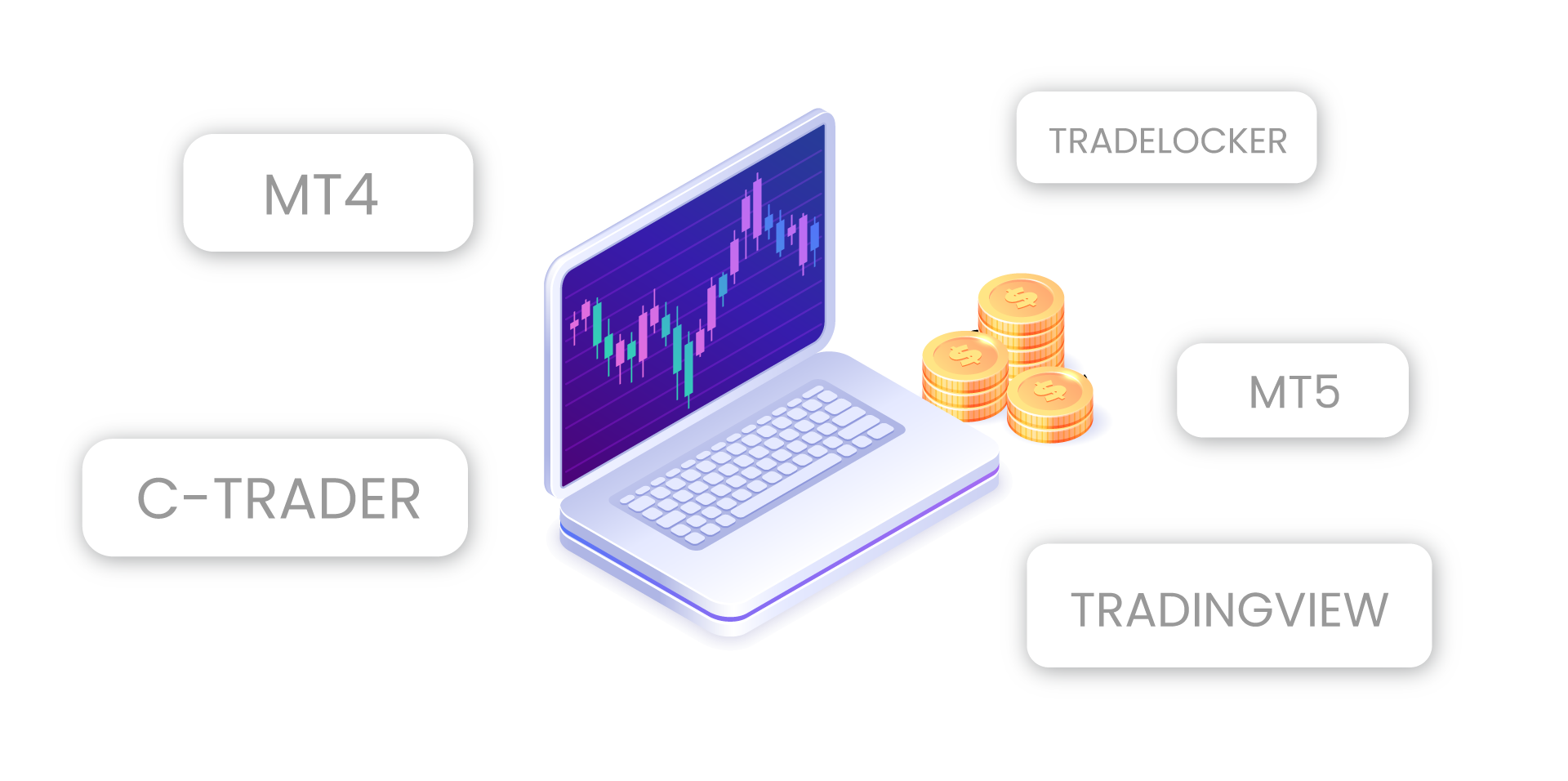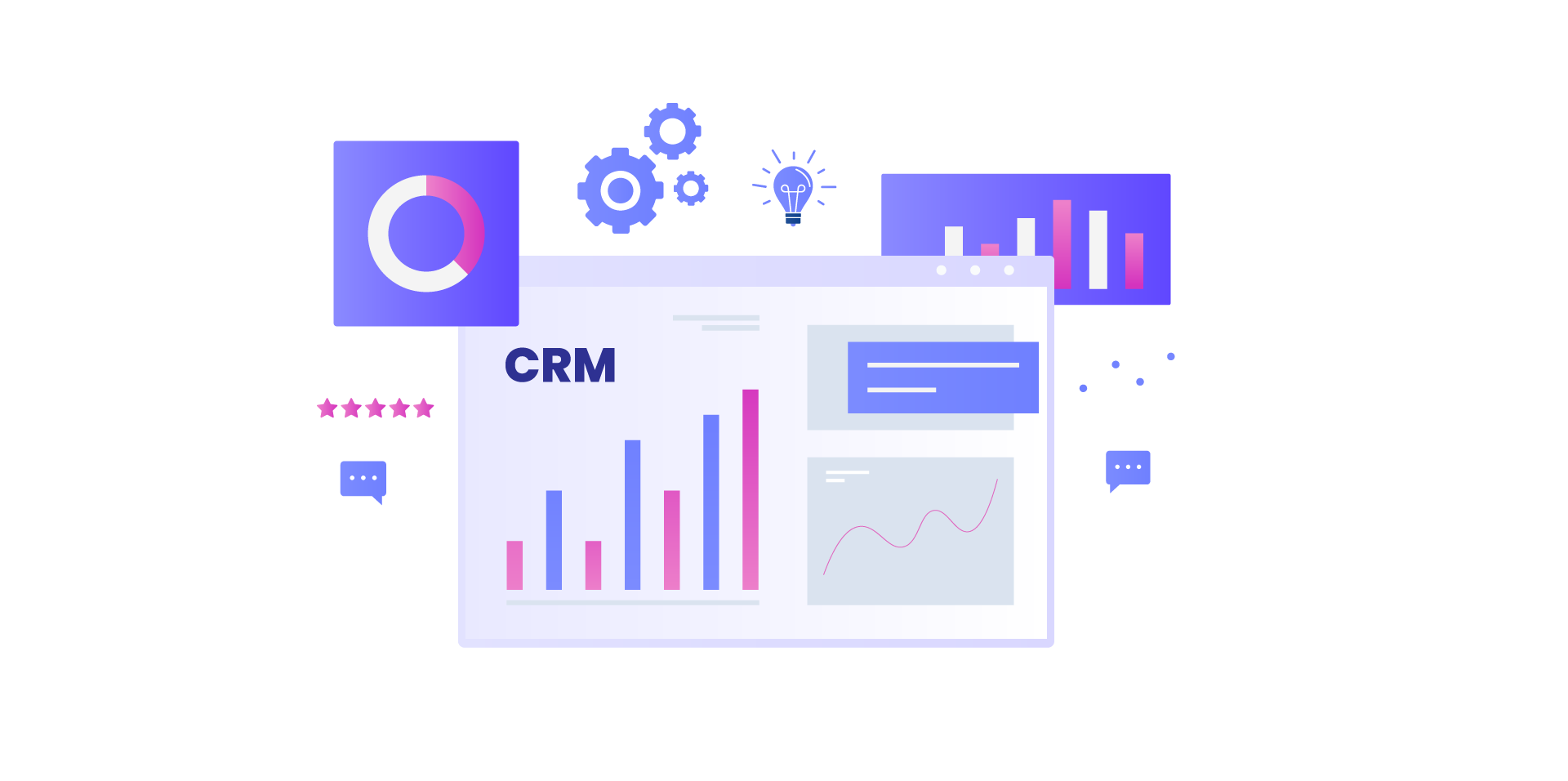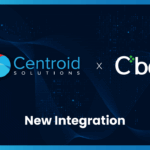News
Stay up to date with everything that’s been going on with Centroid and around the trading world

Brokerage Setup Series: CRM for Financial Brokers
In the previous article of our Brokerage Setup Series, we explored the primary components of a brokerage setup: trading platforms, liquidity providers, and multi-asset connectivity bridges. These elements form the foundation of a robust brokerage infrastructure.
In this article, we’ll take a closer look at another critical component that often works behind the scenes but is indispensable to the success of any brokerage operation: the CRM system (Customer Relationship Management system) for Financial brokers.
A CRM system for financial brokers (aka CRM) is not just a tool for managing client relationships, it is the backbone of your brokerage’s operations. From onboarding new clients to managing affiliates and ensuring compliance with regulations, a well-designed CRM system streamlines processes and enhances client satisfaction.
What does a CRM do?
Unlike generic CRM systems, CRM for financial brokers are tailored to integrate seamlessly with trading platforms, like MT4/MT5 or other trading platforms, as well as payment gateways and regulatory workflows. It serves as a centralized hub for managing the entire client lifecycle, including:
- Client onboarding and KYC process
- Client account creation and management
- Fund management and processing
- Communication and support
- Affiliate and Introducing Broker (IB) management.
What to look for when choosing the CRM system?
Choosing the right CRM system for your financial brokerage is crucial for managing client relationships, streamlining operations, and ensuring compliance. Since the needs of financial brokerages are unique, your CRM must be tailored to handle all tasks mentioned below:
Integration with Trading Platforms
- Compatibility: Ensure the CRM integrates seamlessly with popular trading platforms like MetaTrader 4 (MT4), MetaTrader 5 (MT5), or other trading platforms you’d like to integrate to your brokerage. This allows for:
- Automated account creation and management.
- Real-time syncing of trading data, such as balance, trades, and open positions.
- Easy tracking of clients’ trading activity.
- Multi-Platform Support: If your brokerage supports multiple platforms, the CRM should handle them all efficiently.

KYC/AML and Compliance Management
- Automated Workflow: Look for a CRM that simplifies Know Your Customer (KYC) and Anti-Money Laundering (AML) processes by:
- Collecting and verifying documents automatically.
- Storing compliance data securely.
- Flagging suspicious activities for regulatory reporting.
- Customizable KYC workflow: Some brokers are targeting clients from different countries, the CRM should allow the broker to offer different sets of KYC processes based on the country they are targeting.
- Audit Logs: Ensure the system keeps detailed records of client interactions and transactions to meet regulatory requirements.
Affiliate and IB (Introducing Broker) Management
- Referral Tracking: The CRM should track of referrals and monitor the performance of affiliates and IBs.
- Commission Automation: Automate multi-tiered commission structures to save time and reduce errors.
- Transparency: Provide affiliates and IBs with dashboards to track their performance, referrals, and earnings in real time.
Marketing and Retention Tools
- Automated Campaigns: Choose a CRM that allows you to send targeted marketing campaigns via email, SMS, or in-app notifications based on client behavior and trading activity.
- Loyalty Programs: Support for bonuses, rewards, and personalized promotions to improve client retention.
- Lead Management: Features to track, segment, and nurture potential clients (leads) until they become active traders. The broker may also look for a CRM that can automatically assign an Account Manager to handle leads that come through to ensure all customers are being handled in a timely manner.
Reporting and Analytics
- Real-Time Data: The CRM should provide real-time data on client activity, trading volume, deposits, and withdrawals.
- Custom Reports: Ensure the system allows you to create detailed and customizable reports for operational insights.
- Affiliate and IB Performance: Track the contributions of affiliates and IBs through detailed analytics.
- Client Segmentation: Analyze your client base by trading behavior, geography, or other criteria to develop targeted strategies.

Scalability and Flexibility
- Growth Support: The CRM should handle increasing client numbers, trading volumes, and affiliates as your brokerage grows.
- Multi-Region Compatibility: If you operate globally, ensure the CRM supports:
- Multi-language interfaces.
- Multi-currency options for deposits and withdrawals.
- Region-specific compliance tools.
- Customizable Features: Look for a system that allows you to tailor workflows, dashboards, and user roles to suit your brokerage’s unique needs.
Integration with Payment Systems
- Deposit and Withdrawal Management: Ensure the CRM integrates with payment gateways for seamless client transactions.
- Multiple Payment Methods: Support for various payment providers, including cards, e-wallets, and bank transfers.
- Transaction Monitoring: Track deposits and withdrawals in real time to ensure smooth operations.
User-Friendly Interface
- Ease of Use: A user-friendly interface ensures quick adoption by your team and reduces training time.
- Mobile Access: Ensure the CRM is accessible on mobile devices, allowing brokers and managers to work on the go.
- Custom Dashboards: Ability to personalize dashboards based on user roles or preferences.

24/7 Customer Support
- Technical Assistance: Ensure the CRM provider offers round-the-clock support to resolve issues quickly.
- Training and Onboarding: Look for vendors that provide comprehensive training and setup assistance.
- Regular Updates: Choose a system that evolves with industry trends and offers regular updates to improve functionality.
Conclusion
When choosing a CRM system for your financial brokerage, focus on features that align with your operational needs, compliance requirements, and growth plans. A well-chosen CRM will not only streamline processes but also enhance client satisfaction, improve affiliate management, and provide actionable insights to help your brokerage thrive in a competitive market.









